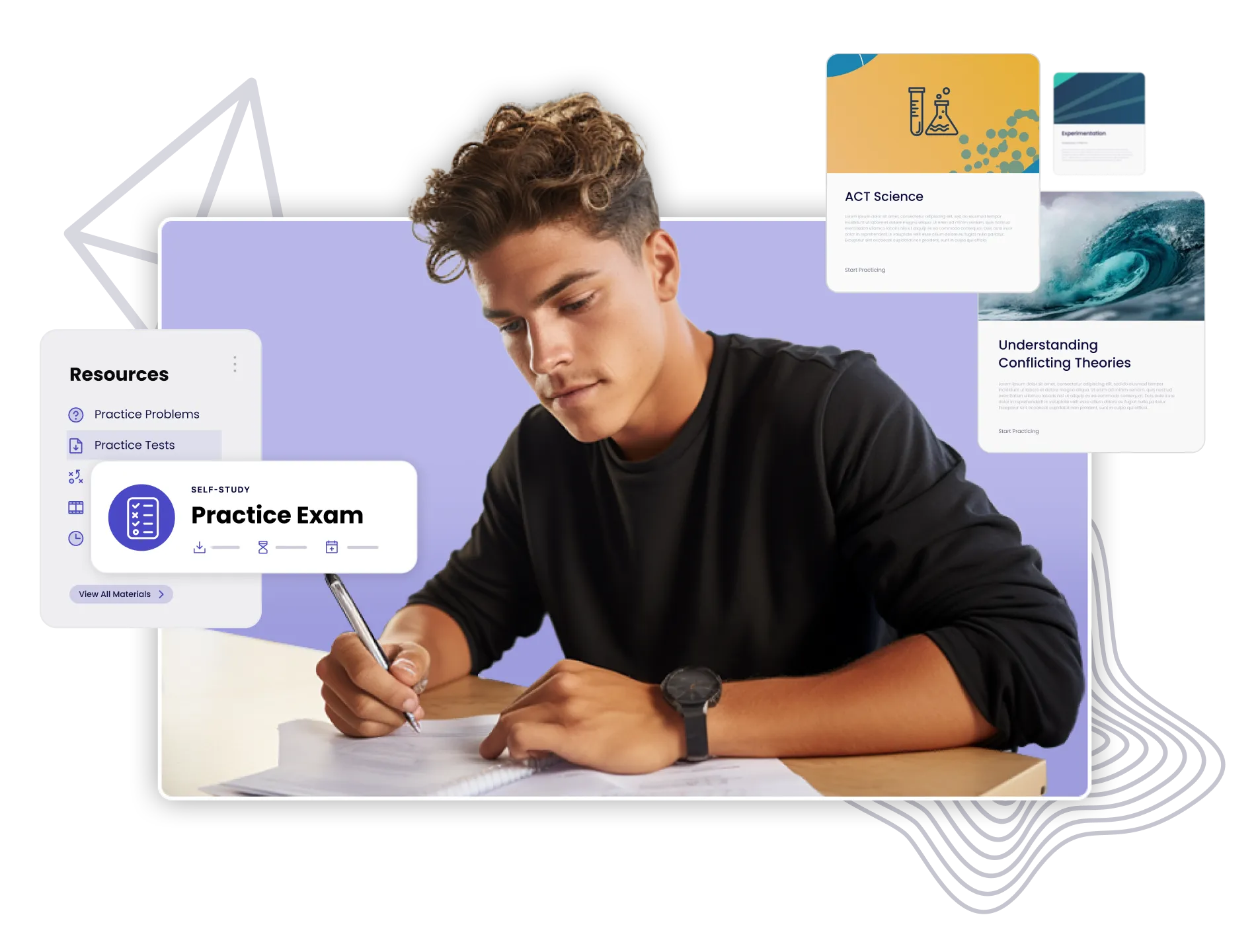How to Prepare for Your Med School Admissions Interview

The following piece was written by Dr. Michelle Finkel. Michelle has been featured in our Admissions Expert series and is a former Harvard Medical School faculty member. She is the founder of Insider Medical Admissions.
Google had a problem. As a 2012 New York Times article described it, Google executives were growing increasingly aware that they were not hiring enough women. Worse still, they were attracting negative attention about it. So, Google did what Google does best: they amassed data and mined it.
In their analysis, among other findings, Google concluded that the company was overlooking women who tended to be more modest than comparable male applicants during interviews. The interviewers inappropriately perceived the women applicants to be less accomplished, and the candidates were not offered jobs. (Once they understood the problem, Google altered their internal hiring policies accordingly.)
This story is instructive in understanding the importance of your medical school interview. I’ll be highlighting useful tips in making your interview day work to your maximal advantage over several installments on the Varsity Tutors blog.
Let Your Story Show Your Glory
Let’s start with your overarching strategy, one that can be gleaned from the Google story: the interview process is a persuasive one. Your role is to convince medical schools that you deserve a slot at their institutions. The best way to persuade is with facts, just like a lawyer does when s/he is trying a case in front of a judge. Saying you are compassionate or hardworking is not convincing, and it doesn’t distinguish you from the scores of other people that the interviewer is meeting. You need to prove your worth by highlighting your academic, clinical, research, community service, leadership, international, and teaching achievements.
When mentoring applicants, I hear them ask: Michelle, if I showcase my accomplishments in my interview, doesn’t that mean I’m being redundant? My answer: Absolutely! Think of the medical admissions process like building a house. Your AMCAS® and letters serve as one layer of that house – like scaffolding. In other words, your accomplishments are conveyed simply and succinctly there. The personal statement is your opportunity to apply a thicker layer, one in which you flesh out your achievements, thus persuading the reader of your distinctiveness (plumbing, pipes, electrical). Finally, the interview is your chance to add on the thickest peel (exterior, roof). Discussing your accomplishments in detail can seal the interviewer’s positive impression of you.
If you still feel shy about drawing attention to your achievements, I can assure you that occasionally, interviewers do not leave adequate time to review materials for the candidates they will ultimately judge, or they are asked to interview such a large number of applicants that they might understandably get candidates confused. If you treat every interview as though it were a “blind” one, you address these obstacles. Determine in advance how you want your interviewers to remember you when they represent you to the committee, and tailor your interview to leave that impression. At the end of the week, when your interviewer asks what others thought of the "young woman who volunteered with Mother Teresa while doing malaria research and competitive hammer-throwing," all the other admissions officers will know immediately that she is referring to you.
Remember: You can say you are smart or caring or that you want to heal the world, but to admissions committees (who don’t know you like your grandmother does), who you are is what you’ve done...and what traits and skills you’ve gained accordingly.
Fake It Until You Make It
Speaking of putting yourself in the best light, your body language and presentation can affect your interview outcomes and are, consequently, important to consider.
Dr. Amy Cuddy is a social psychologist at Harvard Business School whose research demonstrates how body language can directly affect interviewers’ perceptions of candidates. Dr. Cuddy describes how candidates who practiced confident body language, which she calls “power posing,” had better interviewer reviews than those who did not. Dr. Cuddy gave a TED talk ("Your Body Language Shapes Who You Are") that is more than worth the eighteen minutes the lecture takes.
Logically, presentation naturally brings up the question of attire. I have three pieces of advice about your interview clothing:
First, do not be noticed for your clothes. You want to be remembered for your accomplishments, not your attire. Years after I interviewed residency candidates at Harvard, I still remember the applicant who made the unfortunate choice of a Bugs Bunny tie. When advisees ask me about gray versus blue suits, I emphasize that what matters most is to avoid the neon orange suit and to be sure they feel confident in whatever conservative color they choose to wear.
Second, I can still recall the candidate who arrived in jeans. When his checked bags failed to arrive, he had nothing else to wear for his early morning interview. I have since advised applicants to bring their interview clothes in their carry-on luggage as a precaution for an easily avoided worst-case scenario.
Finally, dress comfortably. An interview day is a marathon that you will run repeatedly. No heels that are so high you are in too much pain to take the tour. No coat so light – although maybe stylish! – that you can't walk out of the building without facing the risk of frostbite.
Next entry, I’ll discuss more subtleties of the medical school interview process and how to navigate them strategically.
Visit Insider Medical Admissions for more information, or check out Dr. Finkel on Facebook and Twitter.
The views expressed in this article do not necessarily represent the views of Varsity Tutors.

